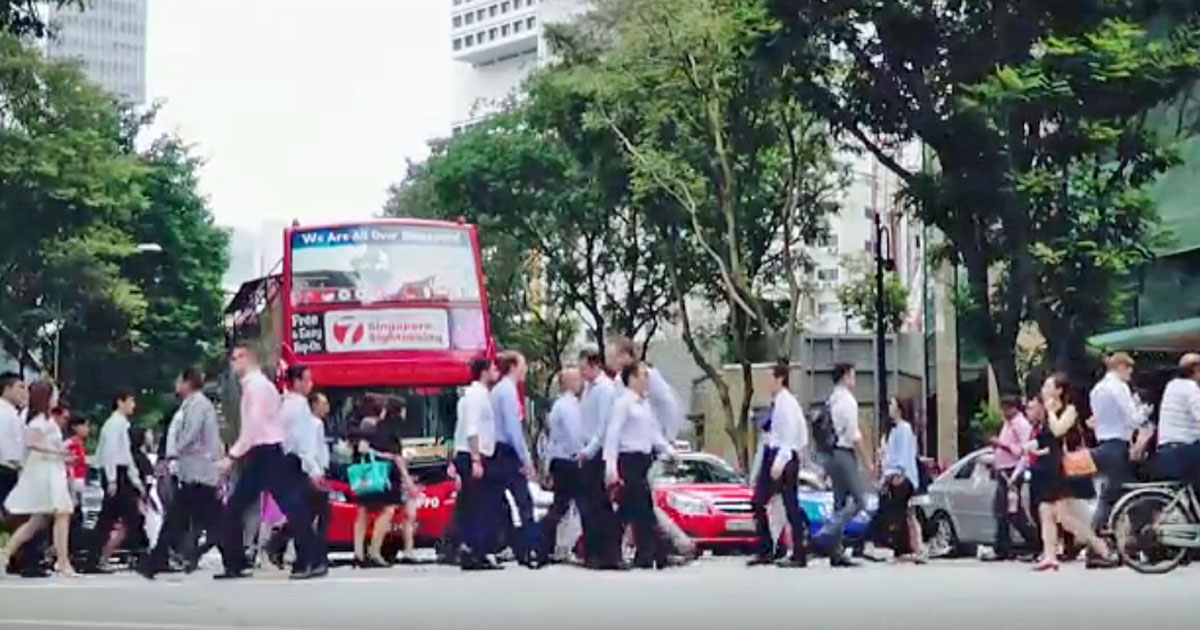People in Singapore work an average of 45 hours per week.
And that makes Singapore the second hardest-working city in the world.
This result is according to a study of 40 cities done by office access control systems provider Kisi in August 2019.
It was recently highlighted by South China Morning Post on Dec. 28, 2019.
The report looked at
• the length of workers’ commutes,
• their arrival time at work,
• the number of hours they worked per week and
• the amount of leave taken to determine the hardest-working cities in the world
Three of the top five hardest-working cities in the world are in Asia:
1. Tokyo
2. Singapore
3. Washington D.C., U.S.
4. Kuala Lumpur
5. Houston, Texas
Long working hours tradition
Working long hours in Singapore has been a time-honoured tradition, though.
According to the Ministry of Manpower statistics, Singaporeans have been clocking 45-hour or more working hours per week average for the longest time.

This means that Singapore workers worked 2,340 hours a year.
The latest figures, however, are already a slight improvement from 46.0 hours a week in 2009.
Slight improvement
Singapore has actually been improving on reducing the number of hours worked.
Previously, from 2010 to 2013, Singaporeans were clocking a high of 46.2 hours of work a week.
In other advanced economies, a regular work week is about 35 to 40 hours.
Countries with work-life balance
The cities with the best work-life balance were all in Northern Europe.
1. Helsinki, Finland
2. Munich, Germany
3. Oslo, Norway
4. Hamburg, Germany
5. Stockholm, Sweden
Productivity is doing more in fewer hours
According to the SCMP article, it is far from clear that long hours spent at work lead to any increase in productivity.
Organisation for Economic Co-operation and Development statistics in 2017 show that the average Japanese worker generated US$46.10 towards their country’s gross domestic product for every hour worked, while the average Finn generated US$64.60 per hour.
This meant that working 125 more hours over the year led to lower productivity for the Japanese.
For the uninitiated, presenteeism is an unofficial condition where employees are perpetually at work and at the beck and call of their firms and employers, because of employment anxieties or the avoidance of other problems in life by using work and the workplace as a refuge.
However, there has been a lack of proper research surveys that illustrate the condition where people who enjoy work do strive to do more, as it leads them to derive pleasure from their jobs.
Top photo via
Content that keeps Mothership.sg going
???
We kacau a celebrity chef with some important questions.
??
This boomer helps other boomers with technology.
✈️?️
Want go Perth anot?
??
Technology can be scary for older folks, but it doesn’t have to be.
If you like what you read, follow us on Facebook, Instagram, Twitter and Telegram to get the latest updates.
